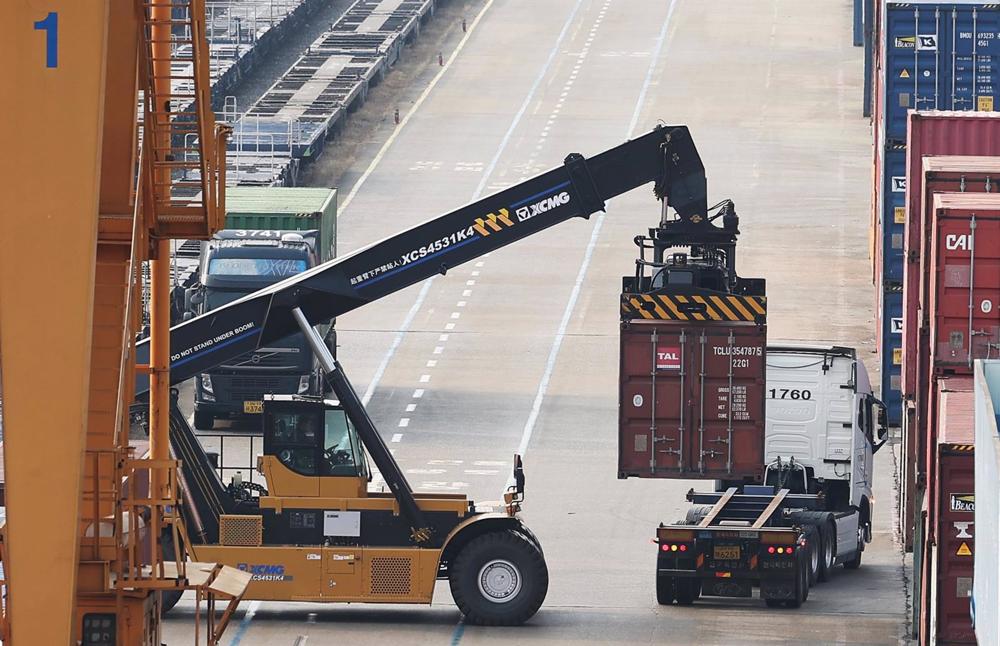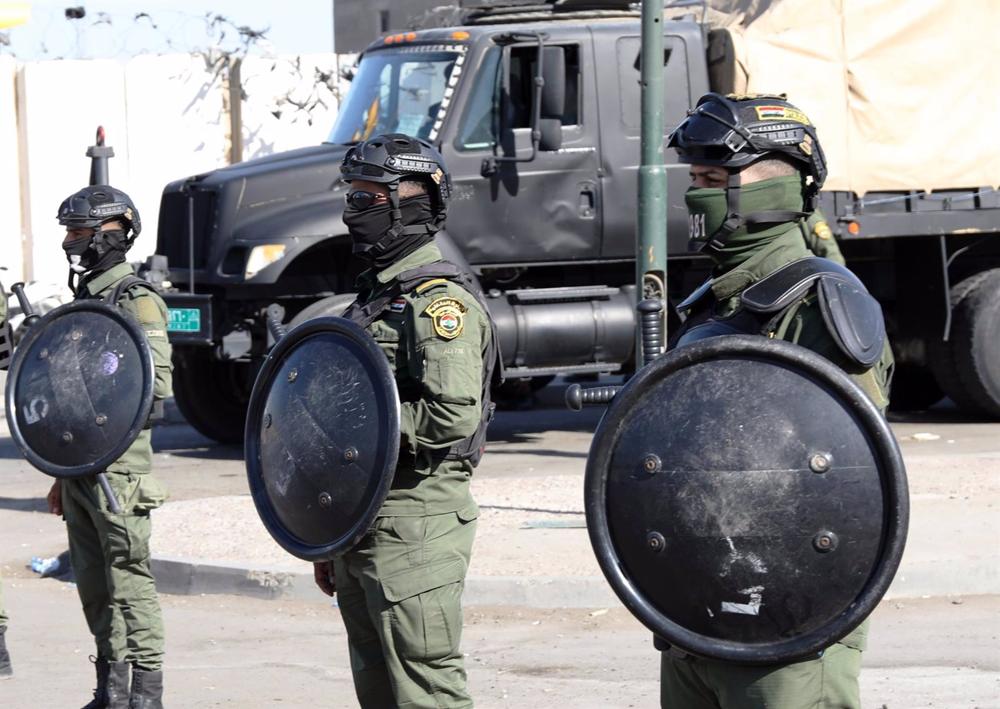
South Korea’s freight forwarders voted Friday to end the strike they began Nov. 24 that has left the country in check after the South Korean government gave a new order for them to return to work.
After learning of the new order, the Cargo Truckers Solidarity Union decided to hold a vote that resulted in almost 62 percent voting in favor of ending the strike. Previously, the union section of Busan port, one of the most important in the country, had already decided to suspend the strike without a vote.
The orders of the South Korean government, which has been forced for the first time to resort to this regulation since the enactment of the corresponding law in 2004, have been supported by the opposition Democratic Party.
However, according to the official Yonhap news agency, some truckers have lamented the existence of a regulation they consider unconstitutional: the law prohibits strikes without justified reasons, but never clarifies what reasons it would accept as valid.
In fact, labor associations in the country have asked the International Labor Organization (ILO) to review whether the Government’s order violates employees’ basic rights. The Ministry of Employment and Labor has confirmed that the UN agency sent a letter on behalf of Corinne Vargha, its director of international labor standards, requesting that the South Korean government clarify its position on the dispute.
The second transport strike in less than six months, following the one declared by cement truckers, has cost the South Korean government some $2.6 billion (about 2.4 billion euros).
The protesters demanded an indefinite extension of the so-called Freight Rate System for Safe Freight Transportation, which guarantees minimum wages, crucial for safety and financial stability in the face of rising fuel prices.
The government announced last month that it would extend the system for another three years, beyond its scheduled expiration at the end of this year, but truckers demanded instead that the government make the system permanent and extend it to cover not only truckers who deliver cargo and cement, but also drivers in other sectors such as oil, chemical, steel or parcel carriers.






